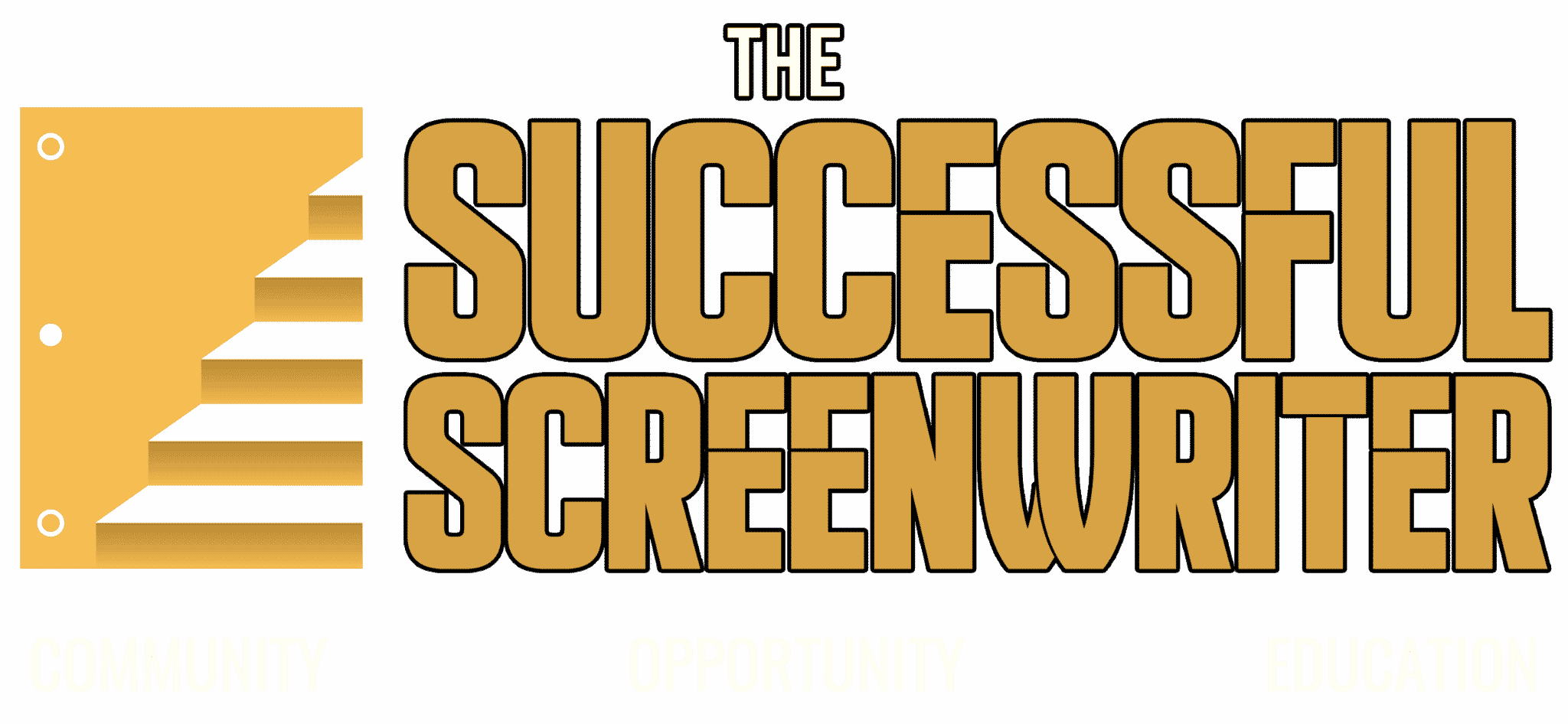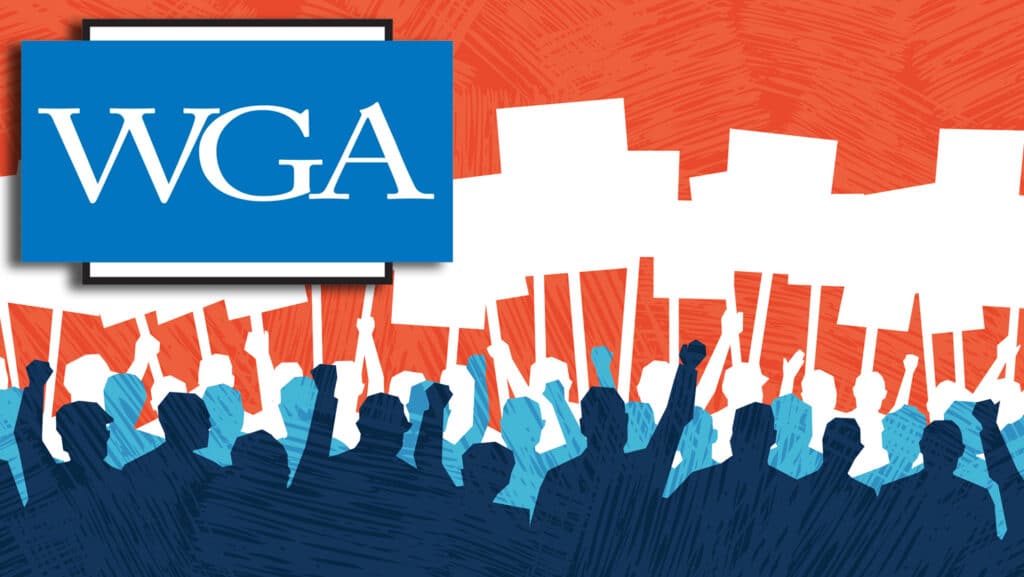One week into the strike, and there’s a looming shadow.
One week into the 2023 WGA strike, there have been many major moments. Late-night shows are canceled. Shows like Stranger Things and The Hedge Knight are frozen in development until further notice. Finished products are still being released, although this writer is boycotting any new film or show until I see the writers I love and respect getting their much-deserved respect and their negotiated demands are met. The entire film industry, aside from the AMPTP, are backing the WGA, and Ellen Stutzman, WGA’s chief negotiator, says the Guild will negotiate again when studios “When studios recognize the agenda writers absolutely demand”. The WGA is in this for the long haul, and that’s the problem. The fact that this situation may drag on shows the value producers and studios see in writers. With that in mind, I ask the networks, studios, producers, and production companies to do one thing:
Stop selling writers the Hollywood dream. It doesn’t exist.
As an avid NFL fan and occasional sports reporter, I’ve noted a similarity between the WGA situation and professional football. Every winning football team has a set game plan: run the ball, stop the run. This strategy requires a great running back who can extend the clock and leave room for better decision-making and control the pace of the game. His makes running backs sound important, but ownerships in the league tend to use up their running back’s legs and wear him down on their rookie deal, which is far cheaper than their second, and try to draft a new one. After years of wear and tear, owners try to get players at a value and then move on when they did their job. This is also reflected when the average SuperBowl team has a running back with a sub $5 million contract and the money goes to the rest of the team. Running backs are as important to this strategy as everyone else on the team’s offense like the Quarterback and Wide Receiver, but aren’t as valued from a contract perspective.
Writers are the running backs of Hollywood.
Writers understand that they won’t be the face of their works. In film, the Director is the Quarterback, Actors are the Wide Receivers, but they get their recognition, but both of them understand that they would not be on set without the Writer. Go online and you can find numerous quotes about a script’s value. “It’s possible for me to make a bad movie out of a good script, but I can’t make a good movie from a bad script.”-George Clooney. “To make a great film, you need three things- the script, the script, and the script.”- Alfred Hitchcock. Though the importance of the writer, the game plan they create, and their impact on great filmmakers and actors is evident, writers aren’t appreciated for their effort.
When a film wins Best Picture at the Oscars, it’s typically the director and producers who are listed, and the director is given the credit. When a film I created premiered, my name wasn’t featured at the festival, my director was (who’s a good friend, so nothing against him at all). Writers aren’t trying to be the face of anything or strong-arm their way into massive paydays. Writers just want to be valued as the foundation of the films that are created. In a hyper-competitive writer’s room, writers spend hours coming up with storylines, characters, actions, and dialogue that show up on screen, but are constantly working under their value and sometimes will have years-long droughts between projects. How is this a dream?
Most original projects won’t be made, but studios tend to highlight some amazing original project and say “This could be you.” No. It won’t. The average original project or feature is a step in the door so you can write someone else’s idea. Then comes the rewrites, treatments, loglines, collaborations, and writers rooms where you get paid for the project, but others are spent years rewriting for absolutely no pay because the project is dropped. Once they’re lucky enough to find a job, many times have unrealistic deadlines thrust in their face, get scapegoated when if the project falters, and can sit months or years between work.
Most writers will never win an Oscar or an Emmy for their work. Most aren’t going to be as recognizable as Aaron Sorkin. Most won’t have the opportunity of a lifetime like many other success stories that are constantly sold as a norm to the public. These are outliers. Most writers are staff writers who want to be appreciated for their dedication to a show or film. These are the majority of people who are taking time out of their lives to picket in front of the major studios in New York and Los Angeles. A lot of them can’t afford rent and bills, which honestly, they couldn’t before.
As a screenwriter myself, I know my projects likely won’t be picked up. Anyone who’s read or seen Schism, it likely won’t be produced. The feature I’m writing, likely will get a few notes from competitions and fade away. What I write will get talked about, then I go back to my day job. It’s like this, if the people who have paid their dues, scratched, clawed, and went to some of the top Writing programs in the world have to picket to get their fair share, what does that mean for writers outside of the system?
This isn’t meant to sway Writers from writing or even having their dreams come true. I’m still going to push my projects when the strike is over. The point of this post is to show how the WGA strike has emphasized how Writers are seen in the crazy world of film. Writers, write your scripts, find your value in yourself and your talents, and stand by the WGA during this trying time. What you do matters to the industry. All I’m trying to point out is the system that is profiting on your work is focused on selling you short.
Producers, stop selling Writers on the Hollywood Dream.
It isn’t real.


